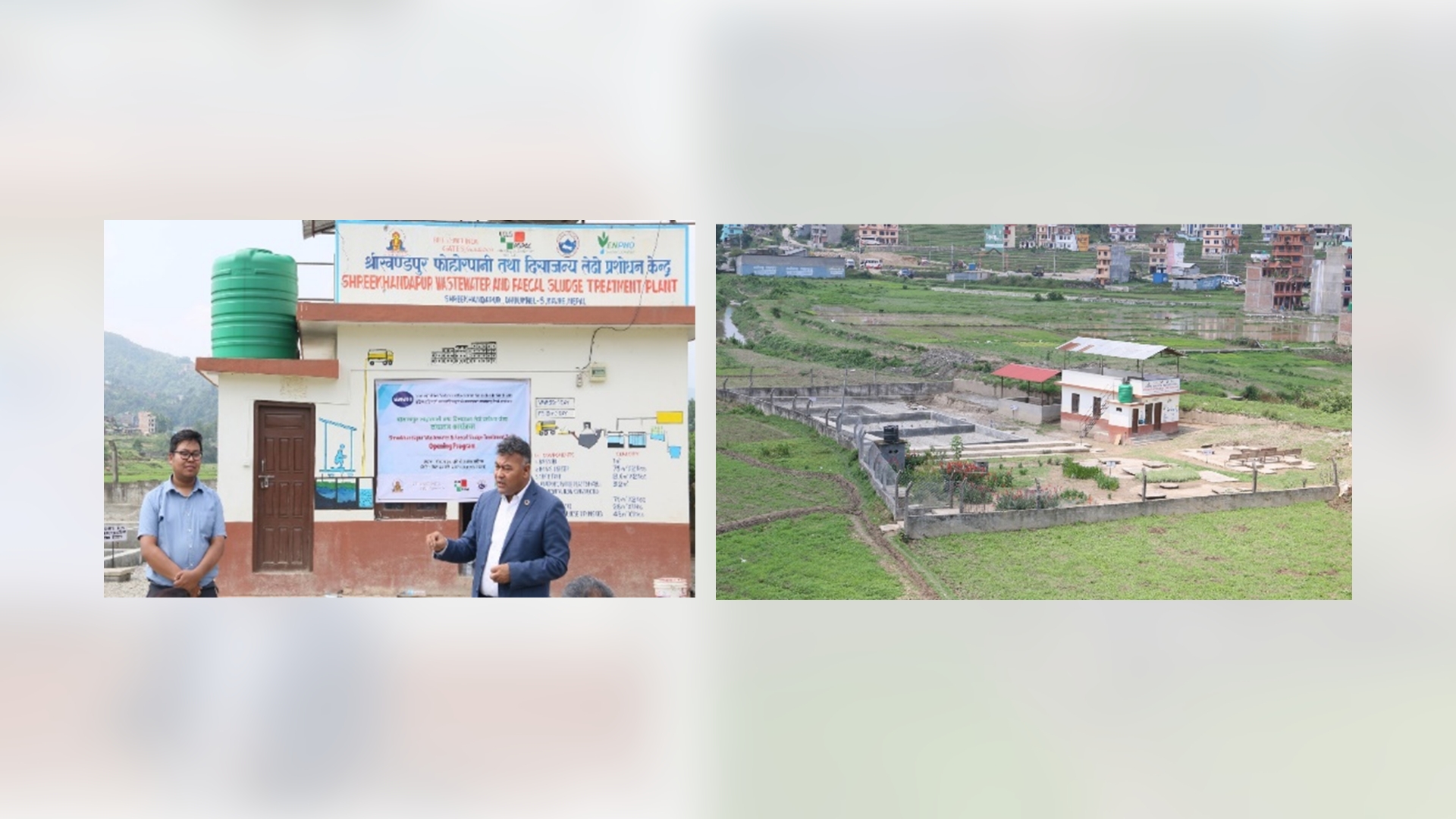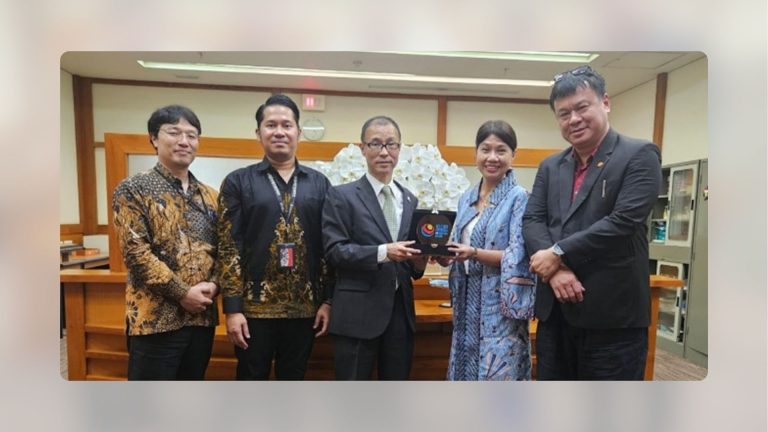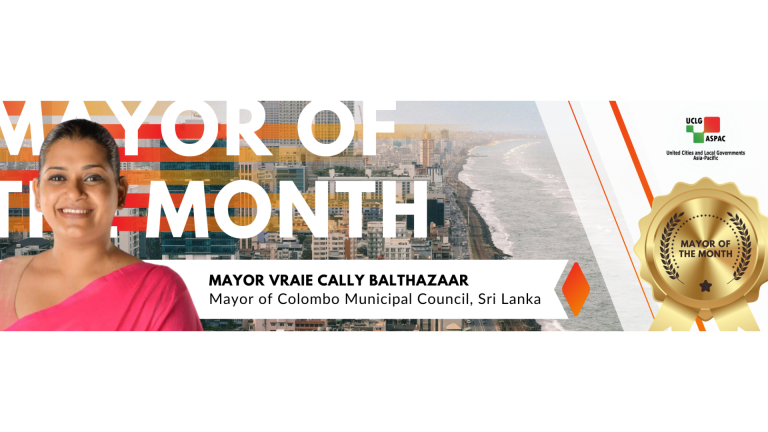Progress in Nepal
June 5, 2024 | UCLG ASPAC,under theframework of the Municipalities Network Advocacy on Sanitation in South Asia (MuNASS), is proud to support and witness the opening of Nepal’s first co-treatment plant, the “Shreekhandrapur Wastewater and Faecal Sludge Treatment Plant,” at Shreekhandapur, Dhulikhel, on the occasion of World Environment Day, June 5, 2024. The treatment plant was a long-awaited vision of the municipality which finally succeeded in this World Environment Day. With the kickoff, the municipality has added a milestone in the history of sanitation in Nepal.
The vision was made possible with consistent efforts from the MuNASS Teams and Partners. The Municipality solely managed the funds for the construction of the treatment plant with technical support from the Environment and Public Health Organisation (ENPHO) for the design and construction of this plant.
This pioneering co-treatment plant in Nepal possesses a treatment capacity of 50 cubic meters per day for wastewater and three cubic meters per day for faecal sludge. The treatment plant is strategically located on the bank of the Punya Mata River and is connected to the local sewer network, ensuring the efficient transport and treatment of wastewater from the nearby community.
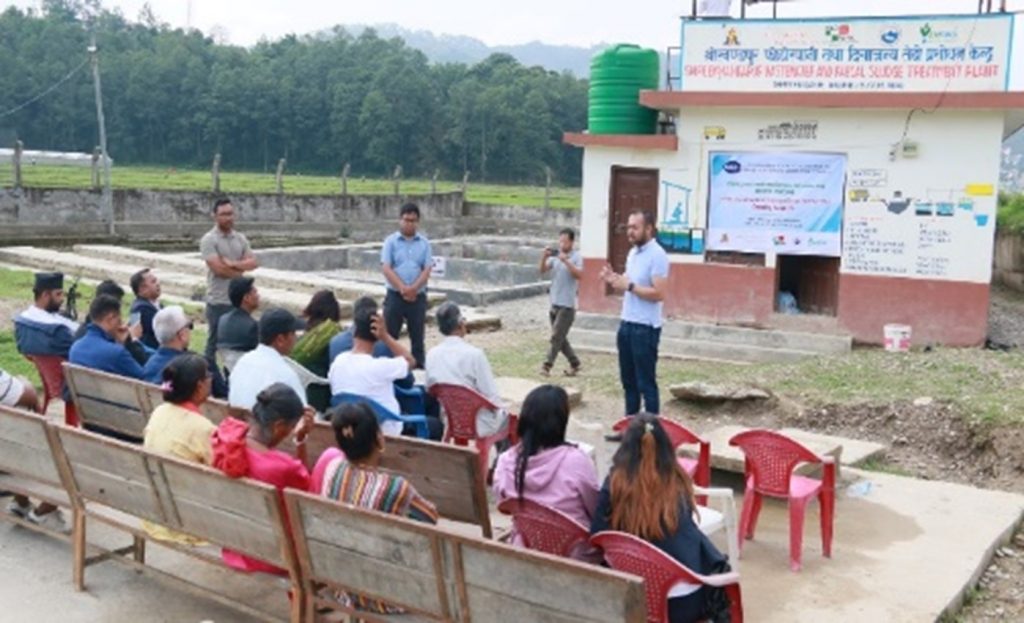
The treatment process at the plant involves multiple components, initiating with a Bar Screen to separate inorganic solid particles such as plastics or pads. The components Biogas Digester and Septic Tank are specifically focused on sludge treatment while the liquid treatment is further processed through an anaerobic baffle reactor, horisontal flow constructed wetland and polishing pond. Additionally, the plant is equipped with an automatic sensor and a submersible pump to pump out water to manage the flow of treated wastewater from the final outlet chamber.
Mayor Ashok Kumar Byanju Shrestha of Dhulikhel, Past Immediate President of UCLG ASPAC expressed his enthusiasm for the new treatment plant and publicised plans to transform the plant into an educational hub. The proximity of Kathmandu University offers an excellent opportunity for students to engage in research and practical learning at the treatment plant. He also highlighted the importance of the plant’s long-term sustainability. The Municipality is committed to allocating an annual budget for the routine operation and maintenance of the system. Furthermore, to enhance the aesthetic appeal of the site, the Municipality plans to undertake gardening activities, including the planting of various flowers that were initiated as part of the World Environment Day celebrations.
Municipal Association of Bangladesh MAB
Emphasised Private Sector Engagement in Sanitation Sector
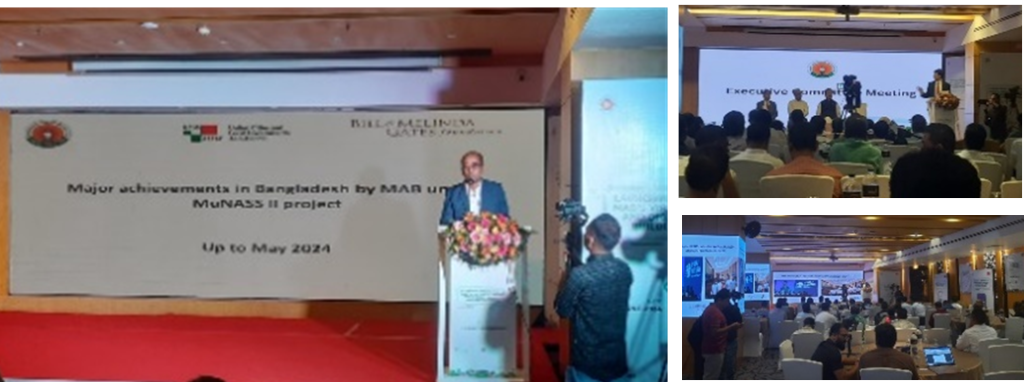
As for the MuNASS Project in Bangladesh, several progress have also been achieved. UCLG ASPAC, under the framework of MuNASS Project, has supported the National Institute of Local Government (NILG) to update the National Sanitation Modules, developed a model sanitation By-law to assist cities and municipalities in their sanitation programmes, as well as acquired commitment from Local Government, Rural Development and Cooperatives (LGRD&C[F1] ) Ministry for the upcoming fiscal budget on sanitation sector. To institutionalise the learnings and good practices from MuNASS support in Bangladesh, as per the advice from Executive members, MAB has decided to develop an additional web page dedicated to MuNASS learnings which will showcase all the good practices and will disseminate the valuable documents to cities and municipalities. In addition to the various knowledge materials produced by MuNASS to continuously raise awareness, MAB also worked closely with the Bangladesh Central Bank to promote Green Financing facilities by publishing the Bangladesh Bank Green Financing guideline to attract more private sectors engaged in the sanitation sector. Mr. Dewan Kamal Ahmed, President of MAB, and Mayor of Nilphamary Municipality said, “To address SDG 6 by 2030, we need to engage more private sectors in this area. Only fiscal allocation is not enough for such a developing country.” He also urged development partners to engage private sectors in their capacity building.
UCLG ASPAC highly appreciates the progress made in both Nepal and Bangladesh. We hope the efforts can set an example so that more and more cities, municipalities and relevant stakeholders in both countries can continuously light the fire for better and improved sanitation services for local people.








